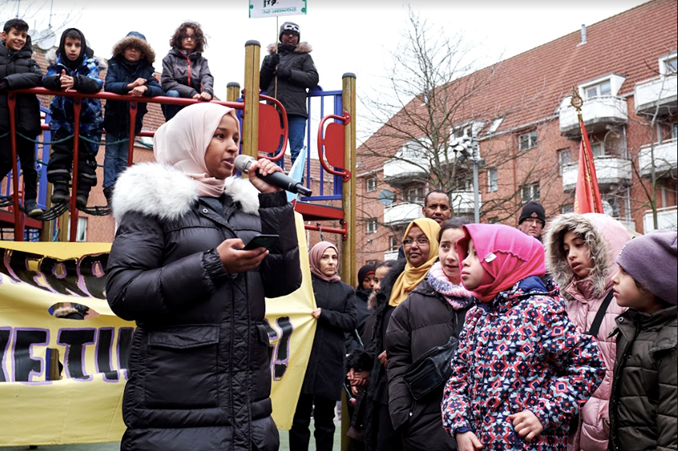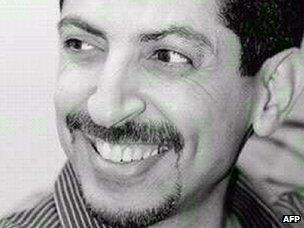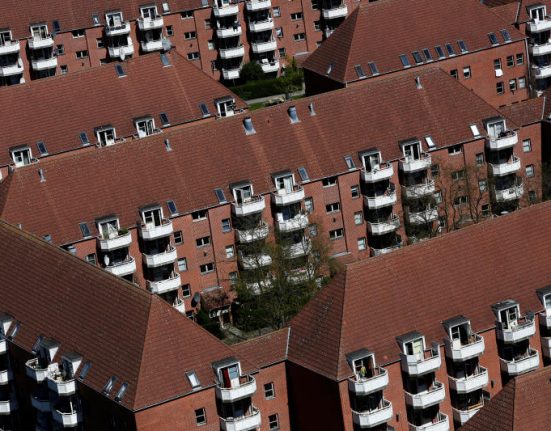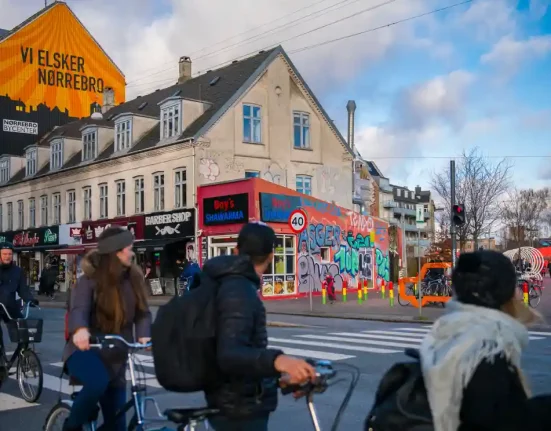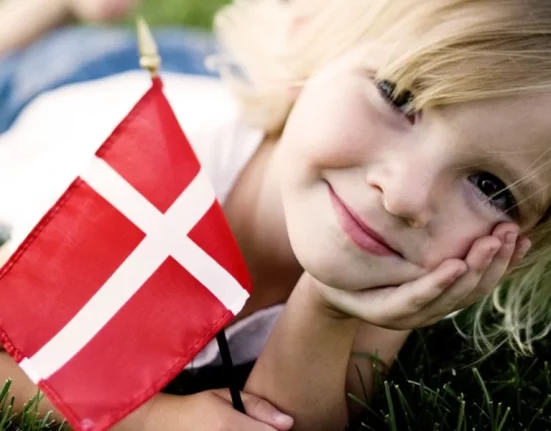The Danish government intends to replace a divisive rule addressing immigrant communities with a more robust version. Human rights organizations have warned that such actions might violate existing anti-discrimination legislation.
Human rights organizations have raised concerns about the Danish government’s intentions to replace unpopular “ghetto” rules that impact vulnerable areas with stricter restrictions aimed at “non-Western” populations.
Not so long ago, the Interior Ministry unveiled proposed changes that would eliminate the term “ghetto” from present law and lower the percentage of “non-Western” background in public housing to 30% in ten years.
‘Red flags’ in the name of human rights.
“Our concern is that the ethnicity criteria have a more sharpened focus on it than before.” Said Nanna Margrethe Kusama, senior legal counsel at the Danish Institute for Human Rights. She says, “we are very concerned about this issue and following it closely because it raises red flags whenever ethnicity lists as a criterion.”
As per the present “No Ghettos” rule, established in 2018, the percentage of “non-Westerners” in areas with over a thousand individuals who match two of four requirements on poverty, criminality, education, and wealth is set at 50%. “The effect is that ‘non-Western’ disproportionately means Denmark’s non-white, non-European ethnic populations.” the UN High Commissioner for Human Rights stated the year before.
According to Kusaa, the Danish Institute for Human Rights has engaged in three court cases in Denmark about the implications of the present “ghetto” laws. In these circumstances, we believe there is a high possibility of racism, which connects to the ‘ghetto’ definition, Kusaa adds, possibly breaking national and EU rules. The legal battles in Denmark are continuing.
What does it mean to be ‘non-Western,’ and why is it a target?
The Ministry of Interior and Housing claims that their classification of “non-Western” is consistent with Stats Denmark, the country’s central statistical office. EU member nations and the United Kingdom, Iceland, Andorra, Switzerland, Monaco, Norwegian, San Marino, Norway, Canada, the United States, Australia, and New Zealand are all included in this notion. “All other countries are non-Western countries,” the ministry declared.
It went on to say that the divide between Western and non-Western nations had nothing to do with a country’s politics, religions, economics, or civilization. The new idea seeks to prevent what it refers to as “parallel societies,” a phrase used by the government to describe regions that it believes are not fully into Danish society. According to the Ministry of Interior and Housing, the number of “non-Western citizens is a sign of integration challenges” compared to poverty, literacy, and crime statistics.
It hits Muslims and immigrants.
“ghetto” laws aim to minimize the number of “non-Western” people living in so-called ghettos. Such measures, according to critics, would further persecute Danes from different cultures. Former MP Ozlem Cekic was one of the first women elected to the Danish Parliament. Only 5.3 percent of migrants from “non-Western nations” reside in so-called ghetto neighborhoods, as per the University of Copenhagen, using Stats Denmark numbers from 2020.
Progress or failures in politics?
Denmark has among Europe’s strictest immigrant and integrating regulations. In recent times, major parties have adopted a tighter control on migration issues. Critics worry that the government’s measures may reverse in the long term since kids will know that they are not Danish.


